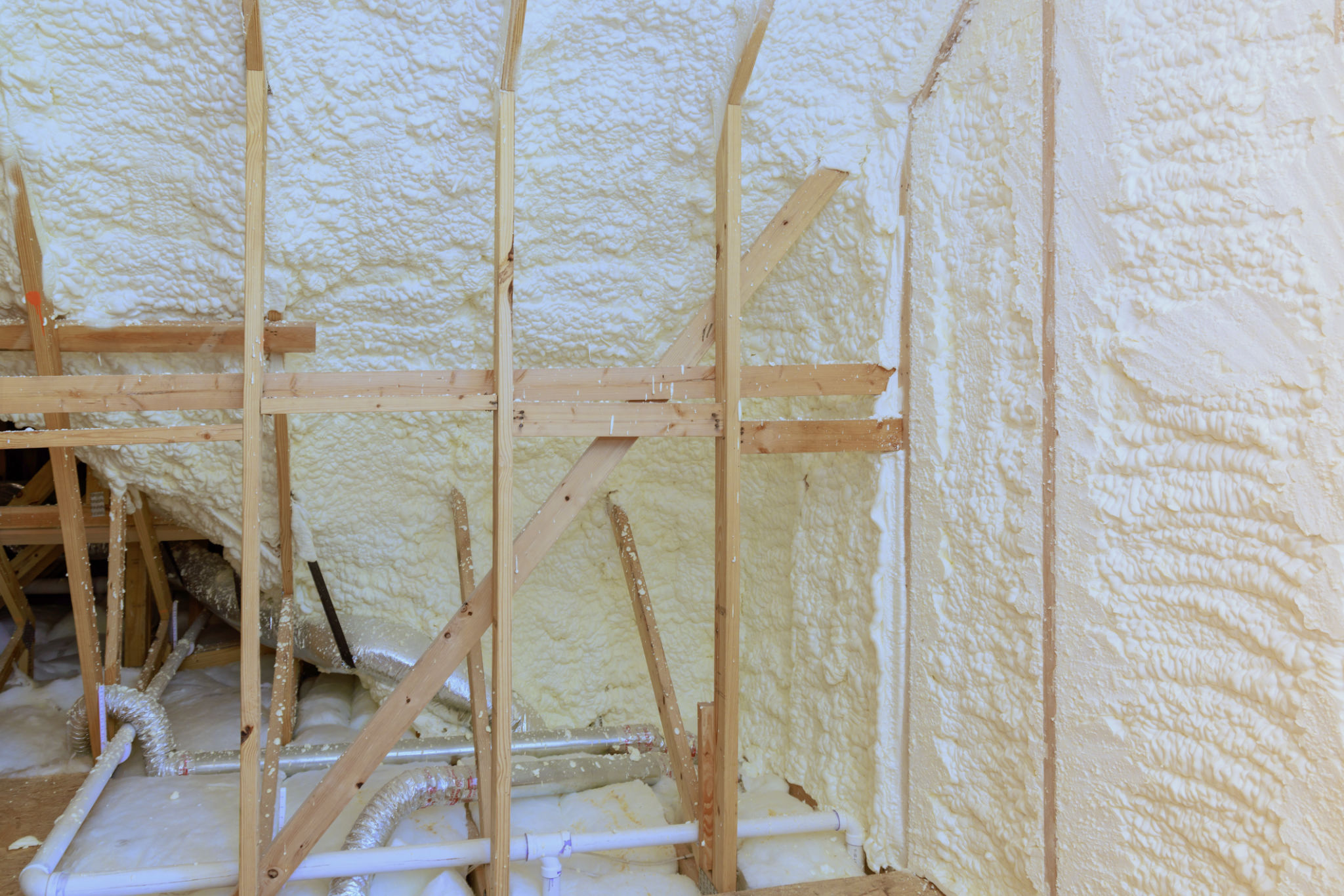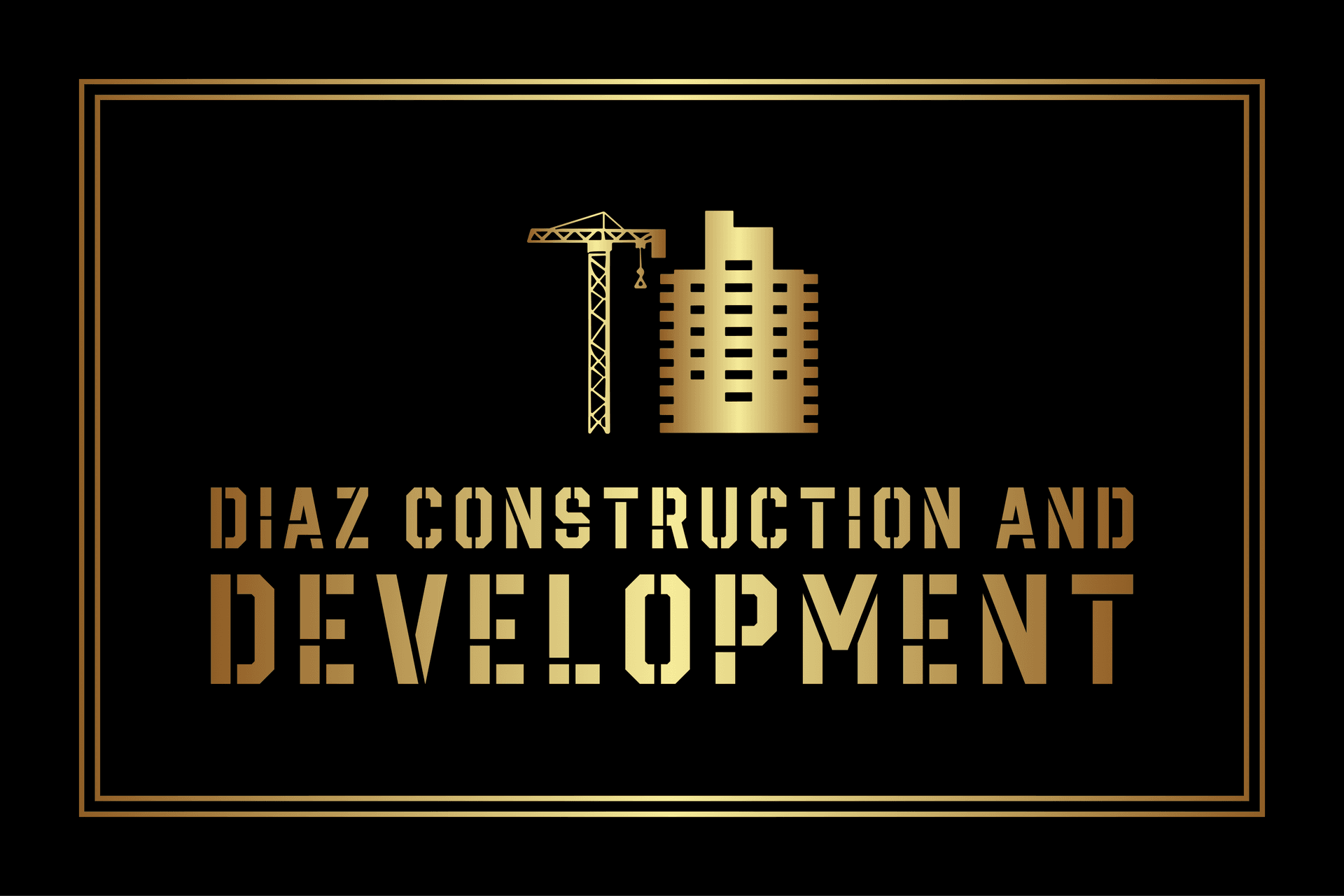The Impact of Seasonal Changes on Construction Projects in Chicago
Understanding Seasonal Challenges in Chicago
Chicago's unique climate presents a variety of challenges and opportunities for construction projects. With its hot, humid summers and freezing, snowy winters, each season impacts construction timelines, costs, and safety measures. Understanding these effects is crucial for planning and executing successful projects in the region.

Winter: Navigating the Cold and Snow
Winter in Chicago is notorious for its harsh temperatures and significant snowfall, which can severely impact construction schedules. Cold weather can cause delays as it affects the curing of concrete and can make machinery and equipment malfunction. Snow accumulation also requires additional labor for clearing sites, which can increase project costs.
Moreover, safety becomes a significant concern during winter months. Ice and snow create hazardous working conditions, requiring extra precautions and potentially slowing down progress. Construction crews must be equipped with appropriate gear and training to handle these conditions effectively.
Strategies for Winter Construction
To mitigate winter challenges, construction managers can implement several strategies. These include using temporary enclosures and heaters to maintain a workable environment for specific tasks. Additionally, scheduling interior work during the winter months can help keep projects on track.

Spring: Preparing for a Productive Season
Spring offers a transition period where construction projects can gain momentum. As temperatures rise and daylight hours increase, work becomes more manageable. However, spring showers can pose a challenge, leading to muddy sites and potential water damage.
Proper site drainage and erosion control measures are essential during this season to prevent delays and ensure safety. Planning for these contingencies in advance can help maintain the pace of construction projects.
Spring Planning Tips
Construction managers should make use of the spring months to finalize any remaining preparations for large-scale summer activities. This might include securing permits, finalizing designs, and conducting thorough site inspections to address any winter-related damage.

Summer: Maximizing Construction Efforts
Summer is typically the most productive season for construction in Chicago, thanks to longer daylight hours and more stable weather conditions. This period allows for accelerated progress on projects, with crews often working extended hours to capitalize on the favorable conditions.
However, extreme heat can also pose challenges. High temperatures can impact workers’ health and productivity, necessitating the implementation of heat-mitigation strategies such as frequent breaks and hydration stations.
Optimizing Summer Work
To make the most of summer, it's crucial to have a well-coordinated schedule that aligns with the availability of labor and materials. Prioritizing outdoor and structural work during this period can help ensure that projects remain on track.

Fall: Wrapping Up and Preparing for Winter
As fall approaches, construction teams in Chicago must focus on wrapping up outdoor tasks and preparing sites for the upcoming winter. The cooler temperatures provide a comfortable working environment, but the unpredictability of fall weather requires flexibility in scheduling.
It's essential to complete any weather-sensitive tasks, such as roofing and exterior finishes, before the first frost. Additionally, securing materials and equipment against potential storms can prevent losses and delays.
Key Considerations for Fall
Fall is an ideal time for evaluating project progress and making necessary adjustments. Construction managers should review timelines and budgets, ensuring that any outstanding tasks are prioritized before the onset of winter conditions.
In conclusion, understanding and planning for the impact of seasonal changes is vital for the success of construction projects in Chicago. By adapting strategies to each season’s unique challenges, construction managers can optimize productivity and manage risks effectively.
